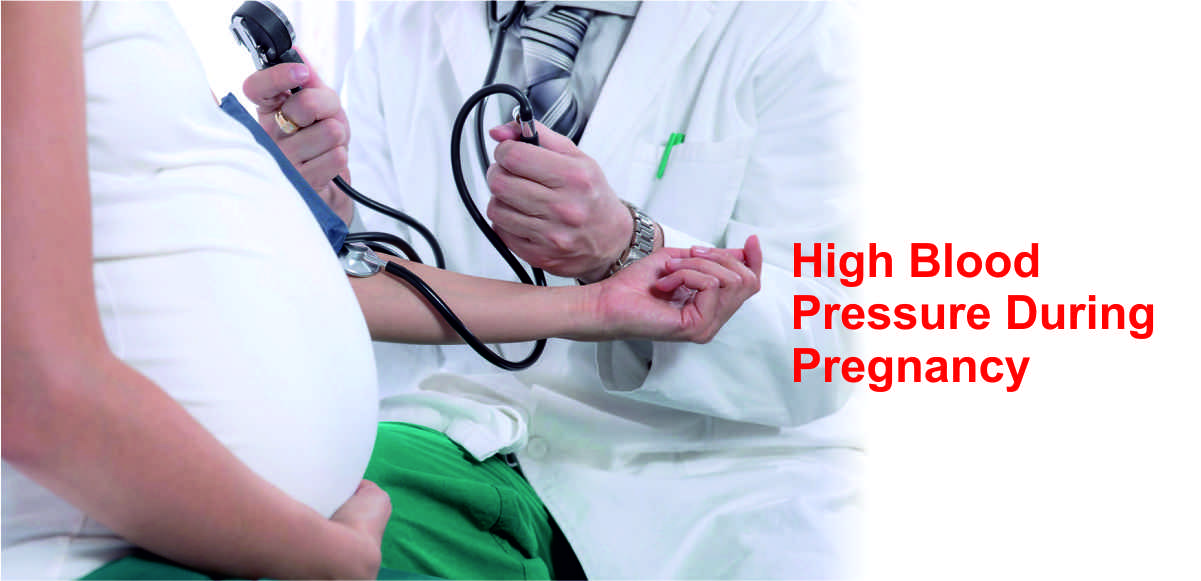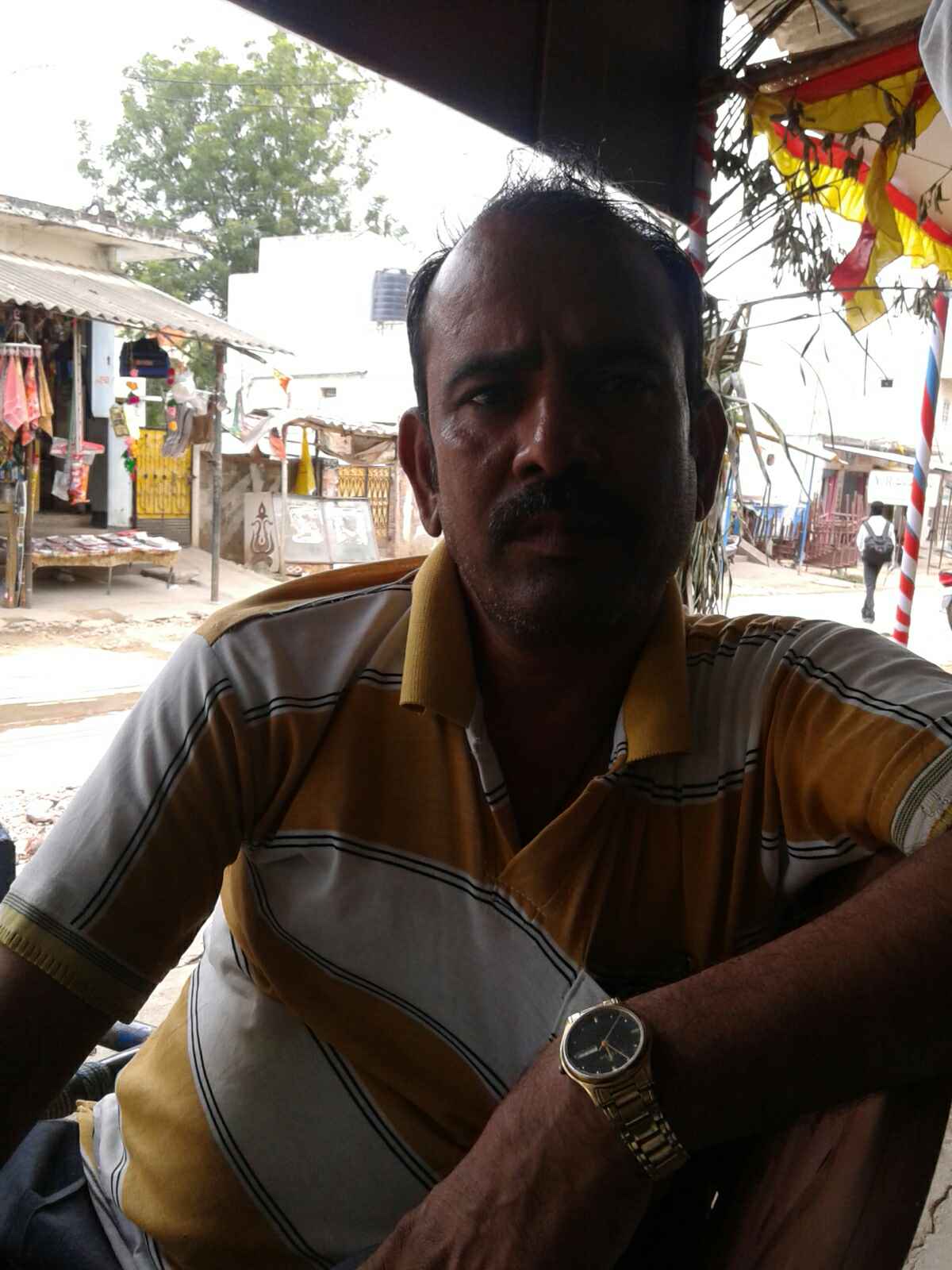

What is high blood pressure for a pregnant woman?
The mother is said to have a raised blood pressure in pregnancy when either her systolic blood pressure (the upper number in the reading) is 140 or more, or her diastolic blood pressure (lower number in the reading) is 90 or more.
Although having high blood pressure during pregnancy is becoming more and more common these days, it is important to get to know the symptoms of severe cases and the steps you can take to prevent the conditions from worsening.
What are the types of high blood pressures In pregnancy?
There are three types of high blood pressure during pregnancy:
1. Chronic Hypertension
This is the condition of having high blood pressure before pregnancy and has been diagnosed either before pregnancy or within the first 20 weeks of pregnancy. Women having chronic hypertension usually are taking medicines even before pregnancy. However, they should make sure to get those consulted from their doctor after getting pregnant so that it doesn’t harm their unborn child.
Many women who suffer from high blood pressure before pregnancy end up developing Pre-eclampsia in the progressing stages of their pregnancy.
2. Gestational Hypertension
This is a kind of high blood pressure condition that only pregnant women can develop. It usually develops after the first 20 weeks of pregnancy or near the delivery period and goes away after pregnancy for most women. In some extreme cases where gestational hypertension does not go away after pregnancy, women may end up developing chronic hypertension.
3. Pre-Eclampsia
In severe cases of high blood pressure during pregnancy, women end up developing pre-eclampsia. It is a condition that is characterized by high blood pressure and often a notable amount of protein in the urine. It usually develops after the 20th week of pregnancy, and sometimes it even develops after delivery, in which case it is called postpartum pre-eclampsia. Pre-eclampsia can be very serious as it can cause damage to organs (mainly kidney and liver) and can have many serious effects on both the mother and the child (both unborn and newborn).
How to detect Pre-eclampsia during pregnancy?
There are a couple of red flags that you should stay alert about to detect pre-eclampsia. These are:
- Blurred vision.
- Severe headache.
- Swelling in the face, hands, and feet all of a sudden.
- A piercing pain in the upper abdomen.
- Trouble in breathing.
- Nausea or vomiting.
How to detect hypertension during pregnancy?
Blood Pressure monitoring is an essential part of pregnancy. Chronic Hypertension, if not detected and treated, can cause serious health problems to the infant. Look-out for the following signals for elevated blood pressure:
- Systolic pressure between 120 to 129 millimeters of mercury (mm Hg) and a diastolic pressure below 80 mm Hg.
- Elevated blood pressure often gets worse in a short span if steps are not taken to control it.
- Stage 1 Systolic pressure ranging from 130 to 139 mm Hg or a diastolic pressure ranging from 80 to 89 mm Hg.
- Stage 2 Stage 2 hypertension is more serious and can be detected if systolic pressure is higher than 140 mm Hg diastolic pressure is higher than 90 mm Hg.
What effects can high blood pressure during pregnancy cause?
In extreme cases of high blood pressure, there are a number of ill-effects on both the mother and the child that can be seen.
How does high blood pressure affect the mother?
- Pre-eclampsia – as explained, this is a serious medical condition that is the result of high blood pressure during. pregnancy. Signs also include having protein in the urine.
- Kidney failure can result in extreme cases where the kidney organ stops functioning properly.
- Placental abruption- In this condition, the placenta ends up detaching from the uterus wall, which will disrupt the flow of oxygen and nutrients to the baby. This can cause bleeding from the vagina in some cases.
- Cesarean delivery- high blood pressure can cause the mother to give birth through a cesarean operation.
How does high blood pressure affect your unborn baby?
Premature birth- Birth of the child before 37 weeks of pregnancy is called premature birth. When the mother has severe high blood pressure issues or pre-eclampsia, she might have to give birth early to save her and her baby’s health from deteriorating further.
Low birthweight- The baby might be born weighing less than 5 pounds, 8 ounces.
Fetal death- the unborn child may die in the womb itself.
How to deal with high blood pressure during pregnancy?
There are many steps that you should be informed about that you can take either before pregnancy or during, i.e., as soon as you see the signs of high blood pressure during your pregnancy.
1. Before Pregnancy
Make a proper plan (or get a preconception checkup done) with your doctor in case of pre-existing medical conditions that may affect your or your baby’s health.
- Get to a healthy weight.
- Stay active all the time.
- Quit smoking.
2. During Pregnancy
- Be regular with your prenatal care checkups irrespective of how you’re feeling.
- Have a diet to reduce high blood pressure during pregnancy by eating healthy foods, limiting your intake of salt, avoiding packaged and canned food.
- Avoid smoking and alcohol consumption.
- Monitor your blood pressure at home.
- Consult a doctor online if you can’t move about freely.
- Stay active and exercise a little daily.
3. After Pregnancy
Keep a regular check on how you are feeling after giving birth, and contact your doctor immediately if you feel uneasy and or if you have symptoms of preeclampsia.
These are all the ways that you can make use of to keep yourself and your baby in check and keep the ill-effects of high blood pressure during pregnancy at bay.
Make sure to stay well informed and stay alert to watch out for any warning signals to prevent complications in time.
